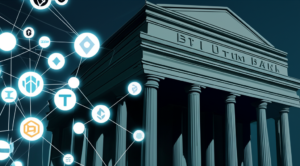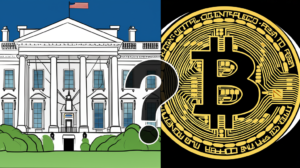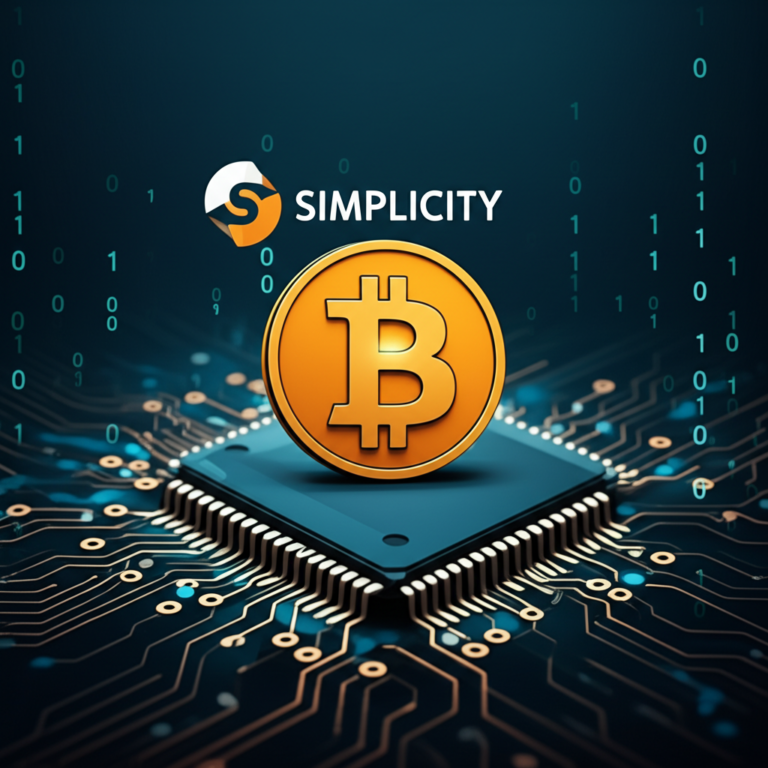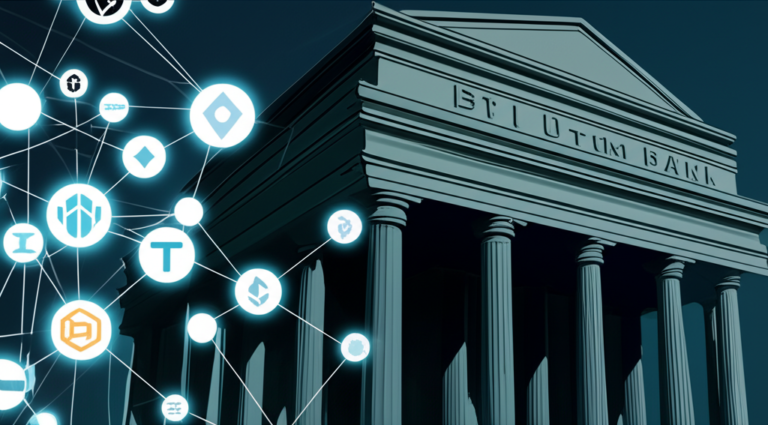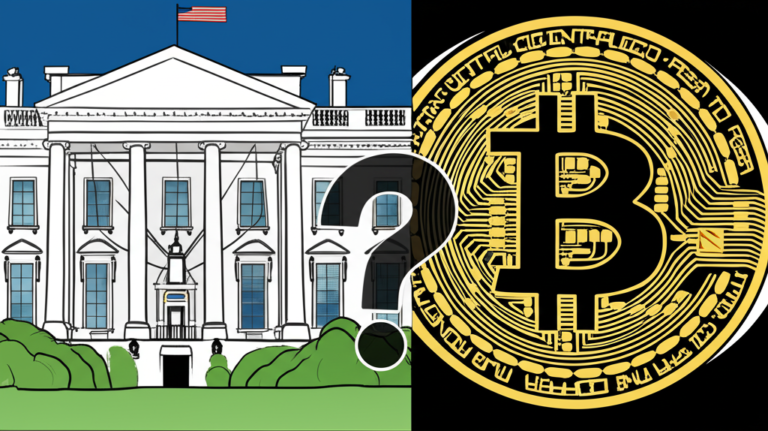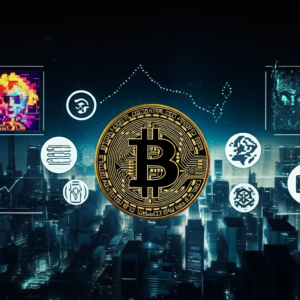OpenAI Slams “Fake” Robinhood Tokens: No Equity Stake, Musk Weighs In
The cryptocurrency world is buzzing after OpenAI publicly denounced the existence of “Robinhood” tokens purportedly representing equity in the influential AI company. This statement, which effectively dismisses these tokens as fraudulent, comes directly from OpenAI itself and includes a pointed comment from co-founder Elon Musk, who labeled them “fake.” The development highlights the ongoing challenges of verifying digital assets and the potential for scams in the burgeoning digital asset market.
The “Robinhood” Token Debacle: A Deep Dive
The emergence of these tokens, allegedly representing ownership or equity in OpenAI, has caused significant confusion and concern within the crypto community. Their precise origin remains unclear, but their appearance on various trading platforms sparked immediate speculation about their legitimacy. The lack of official recognition from OpenAI fueled concerns among potential investors and highlighted a vulnerability in the ecosystem. The potential for similar fraudulent tokens to target other prominent companies presents a serious risk to the wider market.
Musk’s Strong Response Fuels Speculation
Elon Musk, a figure known for his outspoken nature and involvement in various tech ventures, added weight to OpenAI’s denial. His unequivocal declaration that the tokens are “fake” significantly undermined any credibility they might have previously held. This public rebuke from a high-profile figure serves as a cautionary tale for investors, emphasizing the importance of due diligence and skepticism when encountering unconventional digital assets.
Implications for the Crypto Market
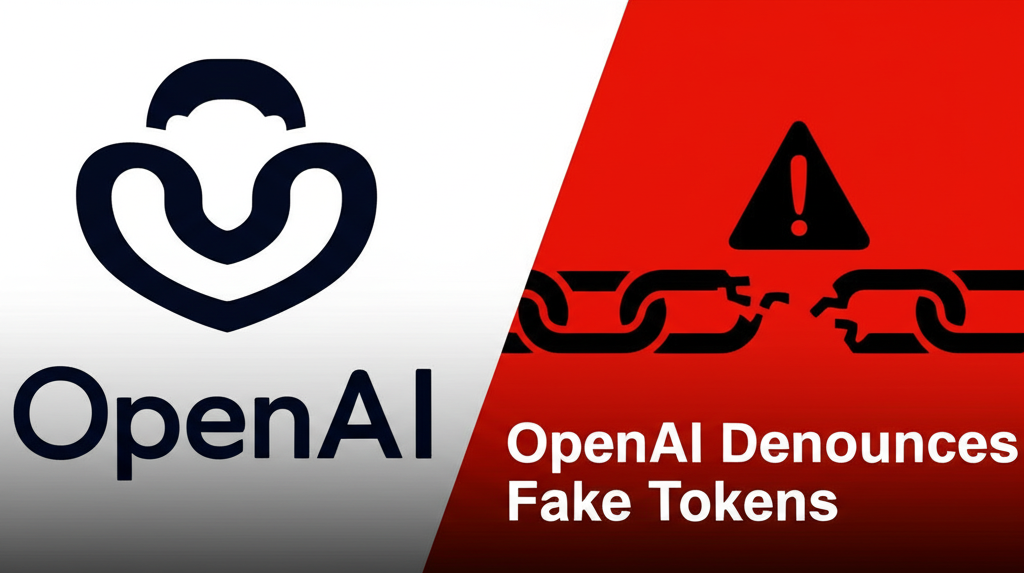
The incident underscores the crucial need for robust verification processes within the cryptocurrency and digital asset markets. The ease with which fraudulent tokens can be created and distributed highlights a key vulnerability. This episode could trigger renewed calls for stricter regulation and increased transparency in the sector, potentially leading to increased scrutiny of token offerings and stricter penalties for fraudulent activity. Furthermore, it raises questions about the broader implications of fractional ownership and the challenges of verifying digital assets representing real-world value.
Similar Scams in the Past?
While the specifics of this situation are unique to OpenAI and the “Robinhood” tokens, instances of fraudulent digital assets mirroring equity in established companies are not entirely unprecedented. Past incidents have involved fake tokens representing shares in well-known tech firms, causing financial losses for unsuspecting investors. This incident serves as a stark reminder of the risks inherent in investing in less regulated markets.
Key Takeaways:
- OpenAI has categorically denied any association with “Robinhood” tokens.
- Elon Musk labeled the tokens as “fake,” further discrediting their legitimacy.
- The incident highlights the risks of fraudulent digital assets and the need for investor vigilance.
- This event could lead to increased scrutiny and potential regulatory changes in the crypto market.
- The incident underscores the importance of due diligence before investing in any digital asset.


